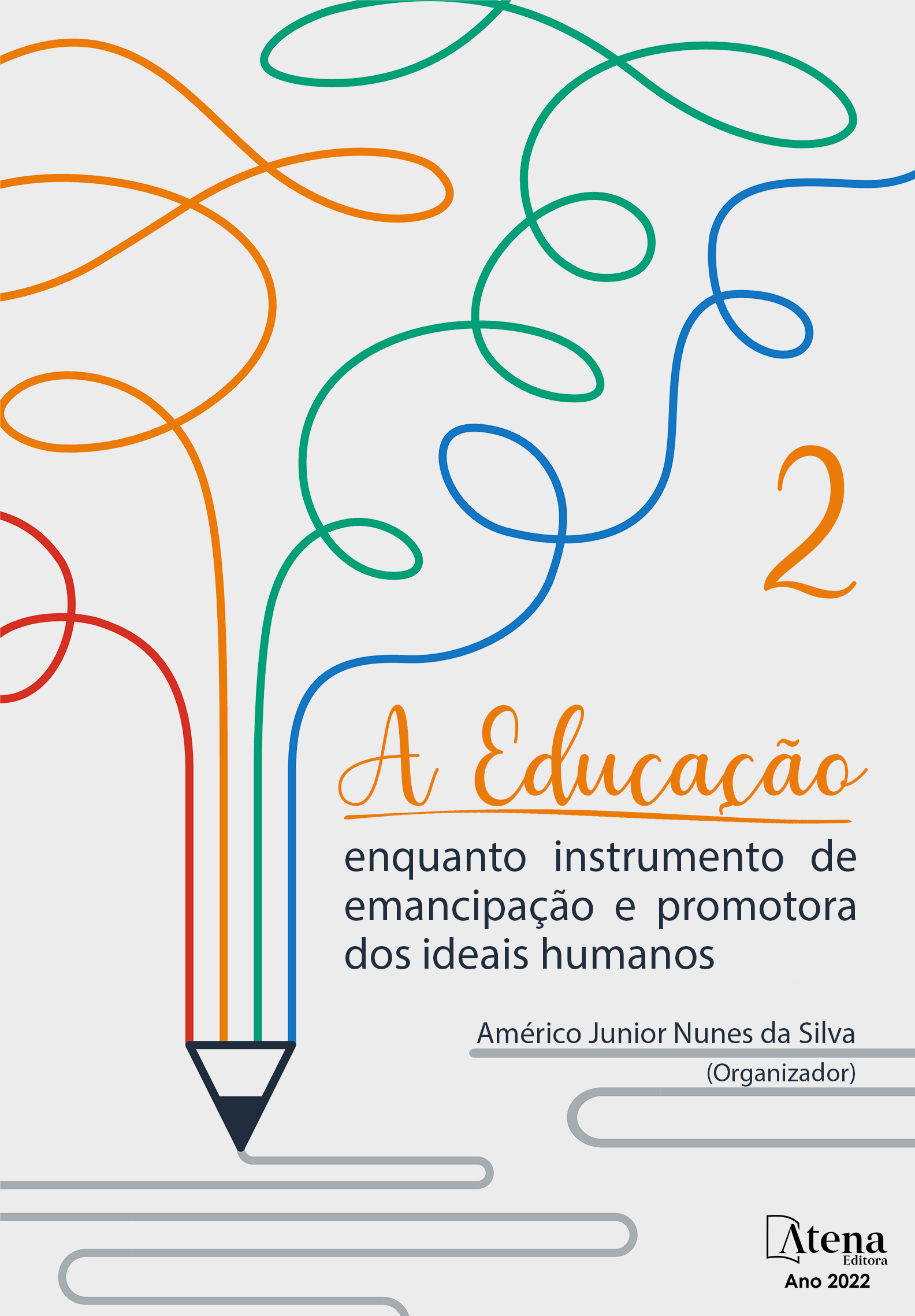
A EDUCAÇÃO DOS IMIGRANTES ALEMÃES E OS ENSINAMENTOS PEDAGÓGICOS DE CHARBONNEAU
Este estudo pretende contribuir para reflexões sobre a importância da trajetória histórica da primeira escola alemã de Curitiba, relacionando fatos históricos com os resultados de uma pesquisa interdisciplinar, a qual compreende a produção e circulação de saberes pedagógicos da obra de Charbonneau, no final do século XIX e início do século XX. Posto isso, considera-se o limite do diálogo à prática reflexiva sobre o conjunto de publicações que se debruçam sobre o resgaste histórico da educação dos imigrantes no Brasil. O período estudado envolve o início de uma escola étnica, que estabelece aproximação com o pensamento que o padre canadense estabeleceu. O objetivo do texto é identificar o pensamento pedagógico de Charbonneu, entre os anos de 1959 a 1987, relacionando alguns estudos com fatos históricos de uma educação muito diferente daquele vivenciado na Alemanha e só posteriormente adotou o padrão das escolas brasileiras. A pesquisa se caracteriza como qualitativa, bibliográfica e documental, e parte da compreensão de que os imigrantes alemães fizeram parte de uma Curitiba já urbana, desde épocas passadas. Para tanto, realizou-se uma breve discussão teórica sobre a trajetória dos alemães católicos e a contribuição de Charbonneau à educação. Os resultados mostraram que há similaridade nos objetivos, nas legislações e no modelo de educação católica, convergentes com a concepção do cristianismo. Contudo, há diferentes perspectivas que discutem a questão étnica que nos fornecem subsídios teóricos sobre a instalação das escolas. A pesquisa avança teoricamente, os dados bibliográficos nos permitiram reconstituir a trajetória histórica e o envolvimento da comunidade étnica, religiosa e educacional que servem de documentos ao historiador para contá-la que se situam no campo da História da Educação, da Leitura e do Livro de Chartier (1994).
A EDUCAÇÃO DOS IMIGRANTES ALEMÃES E OS ENSINAMENTOS PEDAGÓGICOS DE CHARBONNEAU
-
DOI: 10.22533/at.ed.5302228017
-
Palavras-chave: História da Educação; Charbonneau; Educação de Imigrantes; Escola Paranaense.
-
Keywords: History of Education; Charbonneau; Immigrant Education; Paraná School.
-
Abstract:
This study aims to contribute to reflections on the importance of the historical trajectory of the first German school in Curitiba, relating historical facts with the results of an interdisciplinary research, which includes the production and circulation of pedagogical knowledge from Charbonneau's work, at the end of the 19th century and beginning of the century XX. That said, it is considered the limit of the dialogue to reflective practice on the set of publications that focus on the historical recovery of the education of immigrants in Brazil. The period studied involves the beginning of an ethnic school, which establishes an approximation with the thinking that the Canadian priest established. The aim of the text is to identify the pedagogical thought of Charbonneu, between the years 1959 to 1987, relating some studies to historical facts of an education that was very different from that experienced in Germany and only later adopted the standard of Brazilian schools. The research is characterized as qualitative, bibliographical and documentary, and part of the understanding that German immigrants have been part of an already urban Curitiba, since past times. Charbonneau to education. The results showed that there is similarity in the objectives, legislation and model of Catholic education, converging with the conception of Christianity. However, there are different perspectives that discuss the ethnic issue that provide us with theoretical subsidies on the installation of schools. The research advanced theoretically, the bibliographic data allowed us to reconstruct the historical trajectory and the involvement of the ethnic, religious and educational community that serve as documents for the historian to tell that they are situated in the field of the History of Education, Reading and the Book of Chartier (1994) .
-
Número de páginas: 11
- JEFFERSON FELLIPE JAHNKE


